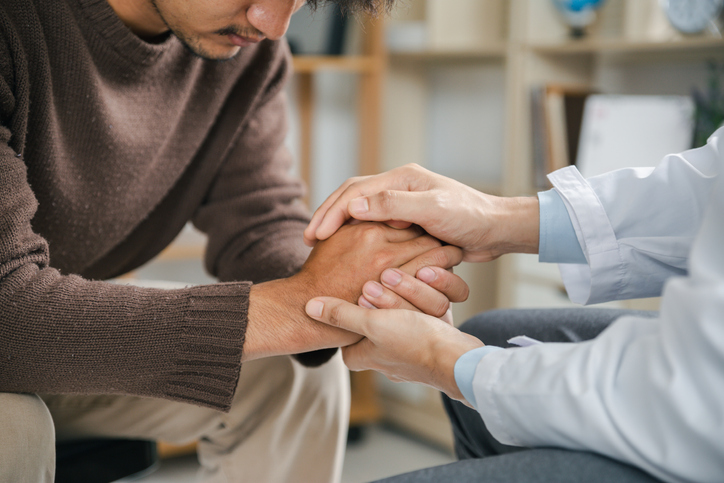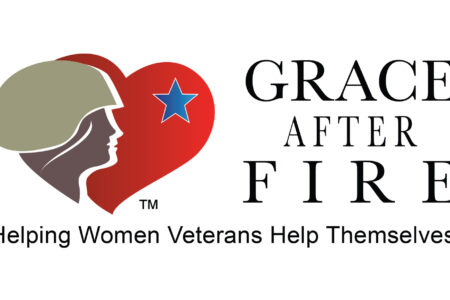
Share On Social!
Young Latinos face many barriers when it comes to mental health support and resources.
The National Institute of Mental Health (NIMH) has highlighted ongoing projects and resources that contribute to decreasing the disparities that plague the Latino youth mental health crisis.
“Evidence indicates that Hispanic and Latino youth have pressing mental health needs and are not receiving adequate mental health care,” according to Dr. Joshua A. Gordon, NIMH director, in a blog.
Let’s explore the Latino youth mental health crisis and what resources can help.
Latino Youth Mental Health
The COVID-19 pandemic disproportionately affected youth from minority communities and worsened the disparities experienced by these communities.
Factors like discrimination, low-income, and mental health issues were heightened, specifically for minority populations including Latinos.
“Latino adolescents’ mental health and academic performance declined during the COVID-19 pandemic as parents’ job loss and teenagers’ childcare responsibilities increased,” according to a study reported by The GW Hatchet.
Stigma and lack of cultural understanding also play a large role in the barriers facing young Latinos when looking for help or resources.

“Important barriers that impact utilization were stigma associated with MHS (mental health services), fear about legal issues, and concerns regarding racism and/or cultural miscommunication,” according to a study focusing on barriers to seeking mental health services in the Latino community.
Cost and potential lack of insurance can also stand in the way of Latinos seeking mental health services.
“It is significant to note that Hispanics have the highest uninsured rates of any racial or ethnic group within the United States,” according to the Office of Minority Health (OMH).
How NIMH is Supporting Latino Mental Health
With these barriers in mind, NIMH is supporting research to help Latino youth access the much-needed mental health services and resources.
One NIMH-supported project is a digital mental health tool called 4Youth.
Researchers aim to involve youth, caregivers, health care providers, and community members by testing the digital intervention at school-based wellness centers and primary care practices that primarily serve Latino, Black, and Asian youth and young adults.
The goal of 4Youth is to offer a scalable, culturally responsive digital tool that can help connect youth in these minority communities with mental health care when they need it.
Another NIMH-supported project is eHealth Familias Unidas at the University of Miami Coral Gables.
This project is adapting an existing, evidence-based parenting intervention for Hispanic youth in primary care settings.
Researchers will test if eHealth Familias Unidas is effective in preventing or reducing symptoms of depression and anxiety and suicide-related behavior among youth receiving care at one of 18 primary care clinics.
NIMH is also supporting a training program for school mental health clinicians to support equitable and sustainable implementation of measurement-based care at the University of Washington.
Researchers will examine whether this approach effectively improves clinicians’ practices and whether those improvements lead to better mental health outcomes among Latino and Black youth.
NIMH is also funding a study to adapt and test an intervention focused on increasing the engagement of racial and ethnic minority young adults in treatment as a way of decreasing mental health disparities.
“By supporting culturally responsive research that engages families and communities, we hope to push the field forward to address the pressing mental health needs of Hispanic and Latino youth,” according to NIMH.
Resources for Young Latinos
The NIMH Office for Disparities and Workforce Diversity will host a webinar during National Hispanic Heritage Month, “Engaging Community Stakeholders to Reduce Mental Health Inequities in the Hispanic Community,” at 12:30–2 p.m. ET Thursday, Sept. 21, 2023.
The Maryland Department of Health has also compiled a list of organizations that support and provide services for the Latino community, including:
- Therapy for Latinx
- Latino Provider’s Network
- Johns Hopkins: Centro Sol
- Zen for Change- Body, Mind & Spirit Healing
The complete list of resources can be found here.
Young Latinos in need of more help can reach call or text the 988 Suicide & Crisis Lifeline at 988, help is available in both English and Spanish.
How You Can Help Latino Youth
You can make a difference for Latino and all youth.
Advocate for yourself and your community by downloading a Salud America Health Equity Report Card.
The report card assists in accessing your community data on healthcare, education, health disparities, and other resources.
You can have a voice and advocate for people with mental illnesses by presenting the Health Equity Report Card to your city’s leadership or sharing on social media.
By The Numbers
142
Percent
Expected rise in Latino cancer cases in coming years



